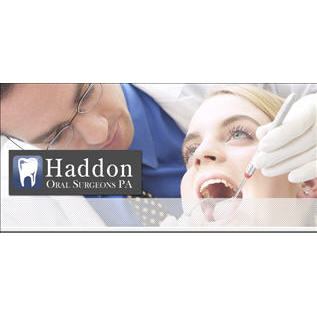Oral surgeons and maxillofacial surgeons are the surgical specialists of the dental profession. Training involves dentistry, internal medicine, general and plastic surgery, and emergency medicine. Training focuses almost exclusively on the hard and soft tissues of the face, mouth, and jaw.
Oral surgery sometimes becomes necessary for long-term denture wearers. Over time, the supporting bone can deteriorate, causing the dentures to no longer fit properly. An oral surgeon can correct this and even add a bone graft in situations of extreme deterioration.
A dental implant is an artificial tooth root placed into bone that is made to hold a replacement bridge or tooth. Dental implants are used for people who have lost a tooth due to injury or disease. After a waiting period of six months or fewer when the implant has healed, an artificial tooth is connected to the implant by a screw or dental cement.
A Continuous Positive Airway Pressure (C-PAP) device has proved to be quite effective in treating severe cases of sleep apnea. However, C-PAP is not a cure, and, when you stop using the device, your apnea will return. Only surgery and behavior modification - if successful - can effectively cure sleep apnea.
There are two general reasons why wisdom teeth do not break through the surface of the gum and become impacted, requiring them to be surgically removed. These are a lack of space for the wisdom tooth to grow and other teeth being in the way of its progression.
The recommended time for brushing your teeth is 2-3 minutes at a time. According to the Academy of General Dentistry, most people only brush their teeth for 45-70 seconds a day.



